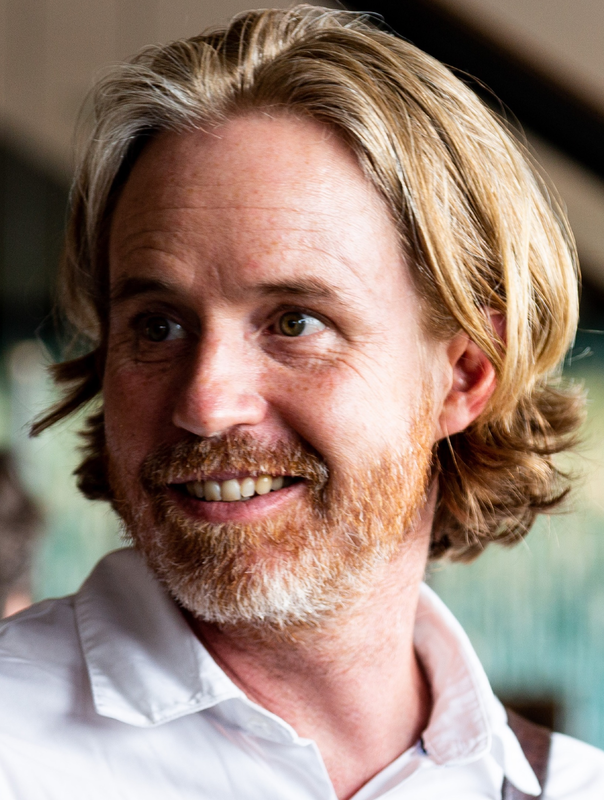|
South Africa is in trouble. Our society is traumatised and the trauma continues. Colonization, war, Apartheid and poverty, amongst other factors, have contributed to a historical cycle of perpetual trauma. Today, violent crime, rampant corruption, gender-based violence, drug abuse and unemployment are not only some of the manifestations of this ongoing trauma but are also continuing to keep the traumatic cycle in place. Simultaneously, we are experiencing a collapse of the institutions that are meant to provide the physical and psychological containment needed to facilitate healing, economic growth, transformation and restoration of human dignity. Eskom, Transnet, SAA, Denel, public schools and hospitals, the South African Police Service (SAPS), municipalities and provincial governments are fraught with corruption and relentlessly failing to fulfil their mandates.
In his political analysis The Rise or Fall of South Africa (2020), Frans Cronjé, former CEO of the Institute of Race Relations, cites psychoanalyst Vamik Volkan to argue that one of the most critical requirements for South Africa's success, is the healing and transformation of our collective trauma. But Cronjé doesn't give a plan for how to do this. We need such a plan. But before we imagine a macro-scale plan to heal and transform our collective trauma, let's pause for a moment to fully appreciate the nature and underlying psychology of trauma and traumatised systems (groups, organisations, societies).
You get the picture. Now let this sink in: No matter who wins which elections, no matter how much money is invested in what - if we don't also start working with our shared trauma, we are at risk of unwittingly repeating the patterns that got us here. But how do we heal and transform our collective social trauma? How do we move from what Vamik Volkan calls a 'chosen trauma' to a 'chosen glory'? When working with individual trauma, profound care is taken to create a containing environment within which the traumatic experience can be held, made sense of and re-interpreted. When it comes to social trauma, on the other hand, institutions, symbols and myths must weave together the macro-container within which the trauma can be healed and transformed. In South Africa, however, the near disintegration of institutions such as the public health care system, the police service, the electricity supplier, water and sanitation providers, municipalities, the military and the public sector in general, have cast a cynical shadow on the Rainbow Nation myth of Nelson Mandela, leaving South Africans to feel abandoned or orphaned. With no 'mother' to console and contain and no 'father' to give a sense of direction and security. Moreover, if the symbolic and institutional containers within which to heal and transform our collective social trauma have been shattered, how do we proceed? One option particularly popular amongst extreme populist politicians, seems to be the phantasy of cleansing and starting afresh, by which the degenerative splitting between 'good' and 'bad', 'us' and 'them' is taken to the extreme in order to justify eradicating 'them' from society. We have seen examples of this in the xenophobic attacks on foreign African nationals, as well as proclamations such as "Kill the Boer, kill the farmer" and the policy of land expropriation without compensation. If this fight-behaviour is one side of the 'start-afresh' coin, the flight-behaviour is the other side of the coin, as manifesting in the ever-increasing rate of emigration of highly skilled professionals, as well as general apathy, not voting, hiding behind smartphone screens or six-foot walls. Splitting, projection and scapegoating is not the answer. Neither is suppression, numbing, avoidance or flight. We have to work with the trauma. We have to create institutional containers, symbols and myths to make it possible for people to find meaning. We have to put our shattered psyche together again, patiently, with golden veins of new meaning. We need a deliberate, robust, competent and large-scale effort to work with and transform our collective trauma into shared meaning, empathy and wisdom.
0 Comments
Leave a Reply. |
This blogThis blog serves as a journal of thoughts, reflections, opinions, case discussions and lecture notes that I have created as part of my work with clients, students and colleagues. Plus some stories of journeys to faraway places. Categories
All
AuthorRead more about me here. Contact me: jean@tiltinternational.com Archives
March 2025
|
Copyright Dr. Jean Henry Cooper
Contact me: jean@tiltinternational.com


 RSS Feed
RSS Feed
